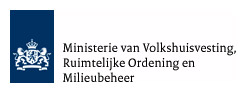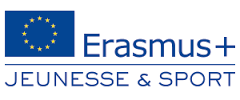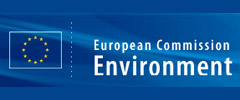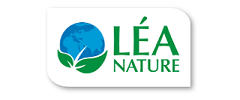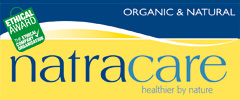Exploring Alternatives for Pesticides in Georgia
WECF and SEMA trained Georgian farmer leaders and NGOs on alternative plant protection methods in September 2011
01.10.2011 |Anna Samwel

Although the average farmer in Georgia lacks knowledge and skills on these methods, there is a great demand for change towards healthier and more effective pest management. One participant commented: “Such meetings are very useful and it is necessary that they are carried out on a larger-scale, being available for everyone.”
For farmers, consumers and actually everybody it is crucial to have good reliable harvests in agriculture. Studies have shown, that organic agriculture is able to feed the world. In many cases, the introduction of organic agriculture has increased yields for farmers. SEMA introduced the most important aspects of organic agriculture and demonstrated with their demonstration farms that organic farming can be successful also in Georgia. On the project demonstration plot alternative pest reduction strategies are demonstrated; inter-cropping creating favourable micro-climates in the plot, use of plant tinctures and bio-pesticides. A demonstration compost pile was set up during the training.
WECF partner AWHHE has long time experience with plant tinctures for fruit and vegetable protection against pests and diseases. Their agricultural expert – Lusine Nalbandyan presented some of their good practices with plant tinctures and their successful civil campaigns against the use of chemical pesticides.
Organica – a Georgian company producing organic fertilizer and developing organic pesticides presented their obviously positive results with their own made fertilizer and pesticides by an extended photo presentation. The young company is officially certified organic and has ambitious future plans. Their fertiliser is being sold all over the country for an agreeable price.
WECF introduced a range of successful strategies of pesticides reduction in European countries, followed by a discussion on suitable governmental and/or civil society campaigns for Georgia. In Georgia the farmers are not as dependent yet on pesticides as European Farmers, which offers a chance for a smooth transition alternative pest management.

Several participants observed that farmers got false recommendations from pesticides retailers, encouraging them to use a higher dose. This resulted in cases of crop failures in different regions in Georgia. The wrong recommendations are either given due to ignorance of the retailers or to a desire to sell bigger quantities. In any case it demonstrates a general lack of responsibility of dealing with hazardous chemicals in agriculture.
The participants agreed that the information covered in the training is not only useful for practitioners, but it also has to be communicated to the decision makers. The issue needs to be addressed by retailers, farmers, organic producers, civil society. Very crucial is the participation of the government to improve legislation and implement the legislation on management of hazardous chemicals.
------------------------------------------
The training was organized by WECF and SEMA on the premises of RCDA. This training “Pesticides – Needs and Risks. Sustainable Agriculture – a Chance for a Clean Environment” was carried out in the frame of the project: ‘Reducing the use of hazardous chemicals in developing countries: potential of implementing safer chemicals including non-chemical alternatives - tools for Georgia and the EECCA region’ and is financed by the SAICM Quick Start Trust Fund – UNDP. This training session is the follow up of the training on pesticides carried out in July.
Learn more about WECF activities in the field of Chemicals and Health.
Donate to WECF to support our campaigns

Related News
Meet the Winners of the Gender Just Climate Solutions Award at COP24
On the 70th anniversary of the Universal Declaration of Human Rights, we awarded Gender Just Climate Solutions Winners at the climate negotiations in Katowice, Poland
11.12.2018
Invitation: Gender Just Climate Solutions Award 2018
10 December, COP24 Katowice
04.12.2018
Getting to the Future We Want
4-7 November, Brussels: European Environmental Bureau’s (EEB) Annual Conference
12.11.2018
GoodFood4All
WECF and partners all over Europe start GoodFood4All Campaign
06.11.2018
#Ruralwomen: join our Women2030 campaign!
15.10.2018



















